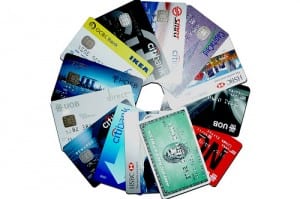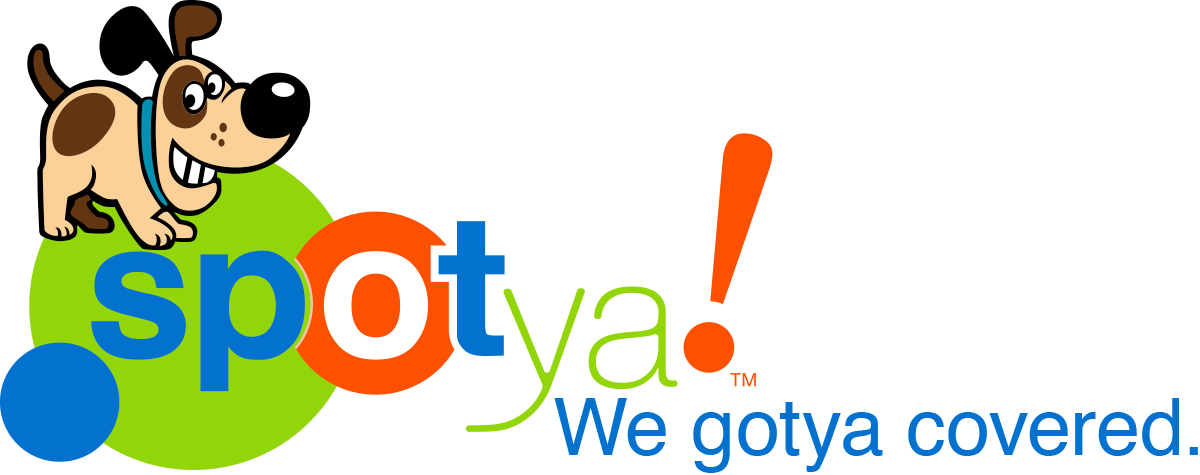
“Honey, do you know any sites that will help pay off my student loan debt?” This question was asked by a girlfriend to her boyfriend one day. The boyfriend’s answer, “NO, but maybe I will make one.” So the man and his best friend went along their merry way and developed one of the latest leading websites focused on managing debt to pay off student debt. So far, the results have been over $30 million of debt from users paid off and testimonials of real people now debt-free from their website. How does this all have to do with cash advances? It doesn’t, because a cash advance online is for emergency use, not to pay off debt. It is a simple misconception of the short-term loan, which has increased personal financial problems as a direct result.
Cash Advance Loans Go First
This new website has based its get out of debt program on the basics of organizing your debt. It starts with knowing what you owe and paying off the highest interest loans first. Hmmm, I guess it would be easy to say that a cash advance loan would be the first to go for this program. It all makes sense. High-interest loans eat away at the most income. Minimum balances on credit cards represent mostly finance charges, if not all. Look closely at that monthly payment; you are only paying a tiny percentage of money towards the principal. You might not be paying anything down.
How Interest Payments Work
Cash advances are set up differently than credit cards. The high interest comes into effect after the original payoff date for cash advances. If you pay the loan plus fees in full, you will never pay a dime in interest. If most customers were not, so cash strapped, it sounds like a great way to overcome emergency costs. The short-term of two weeks leave the influx of new interest charges winning the dodgeball game with your bank account.
Find Online Help
If you are into online banking, you may want to look into a budgeting application that manages your money or pay off your debt. Many free budgeting tools will help you keep track of your spending and at least one (that I know), which organizes and pays off your debt. Who doesn’t want to get out of debt in the fastest way possible without spending any needless extra money in fees or service charges?
Be Ready For Financial Emergencies
Take the plunge and try one out. Of course, in the meantime, you will want to stay away from accruing further debt and, by all means, avoid the short-term cash advances and payday loans to keep most of your income for yourself. We can’t help those emergencies, so if one does come up, use the solutions which will least affect your plan. Always keep in mind the end of the road cost. If you are going to use money with high-interest, plan to pay it off quickly.
Research, Research, Research
When a true emergency does arise, are you ready? If you are budgeting your money, you should know exactly what you have in your bank accounts at any given time. Additionally, you should know what funds are coming in. Perhaps there is a little bit of wiggle room for those extra expenses? Once you get that unexpected expense, where do you turn? Be ready, see if there is any government assistance for any of your current expenses that you are making. At this time, there are stimulus checks and extra money on top of unemployment insurance. Ask around. This may do the trick to solve your financial emergency. Some of you may be getting that extra check from the government right now. Don’t start spending the money. If you don’t pay your bills, put it in a savings account. You don’t have a savings? Start one!
Save Or Pay Off Debt?
It’s always been a question of mine. Should I keep adding to my savings account or pay off debt? First of all, if you have any cash advances, pay them off! Cash advances are high-interest, short-term loans, so keep them short-term! The longer you keep them outstanding, the more interest you are paying. That means, the less you are saving and the more you are wasting. A good rule of thumb is that you should avoid any finance charge or interest payments. Pay off your debt. If you are on top of your payments and paying more than the minimum, put a little in your savings account. This can be for those emergencies that we were talking about earlier. When you have a savings account, don’t touch it.











